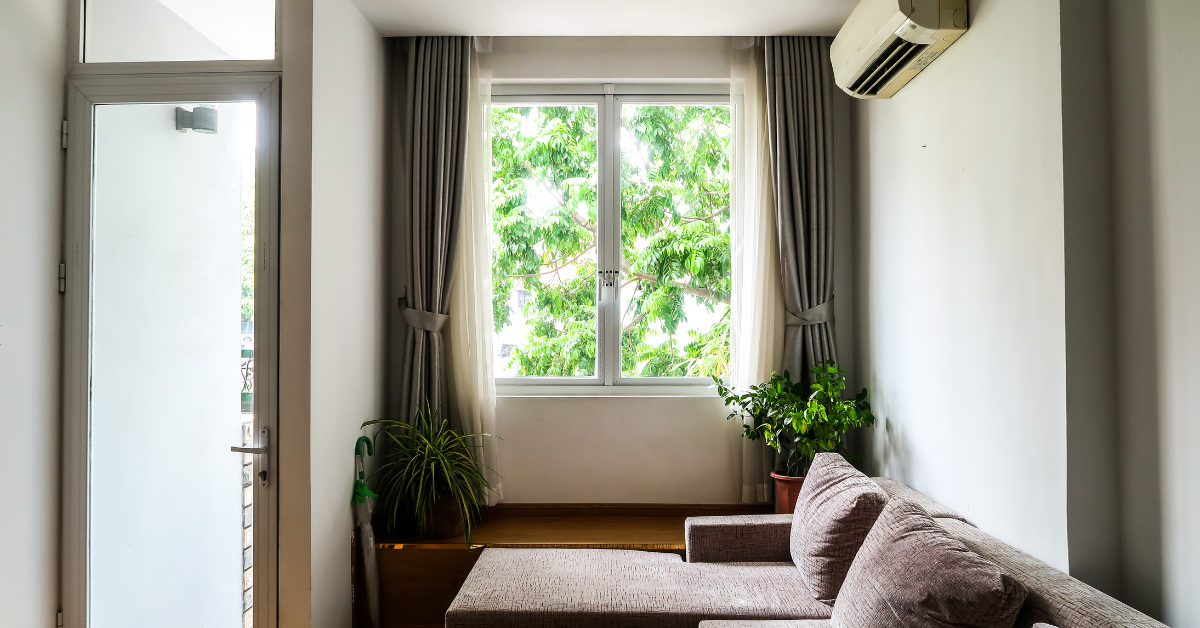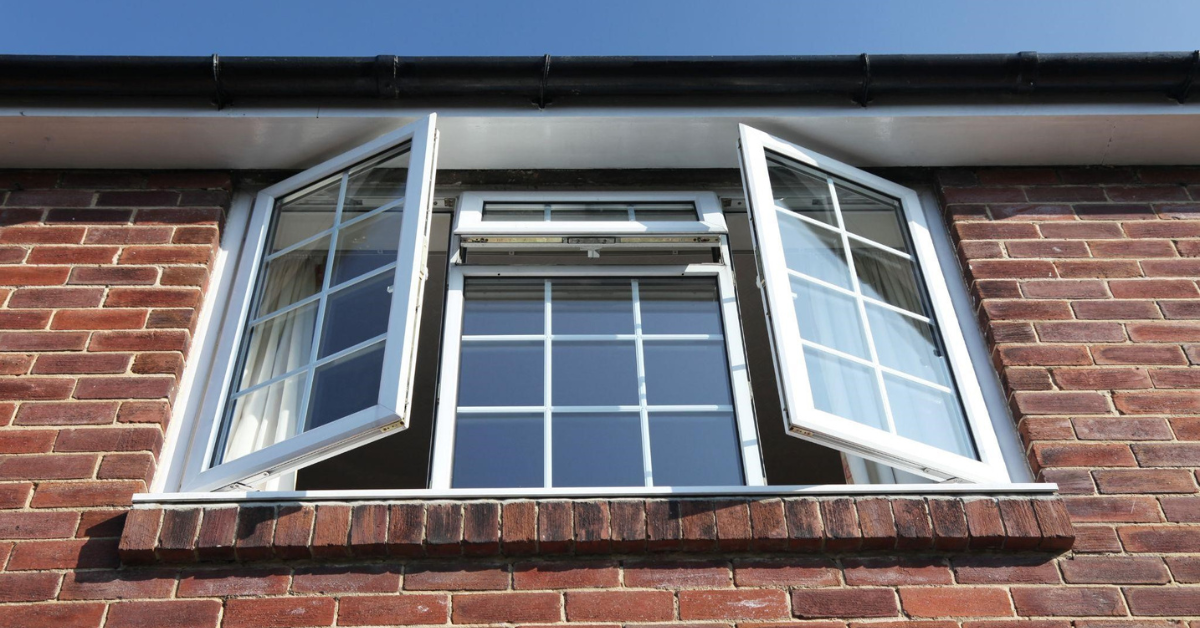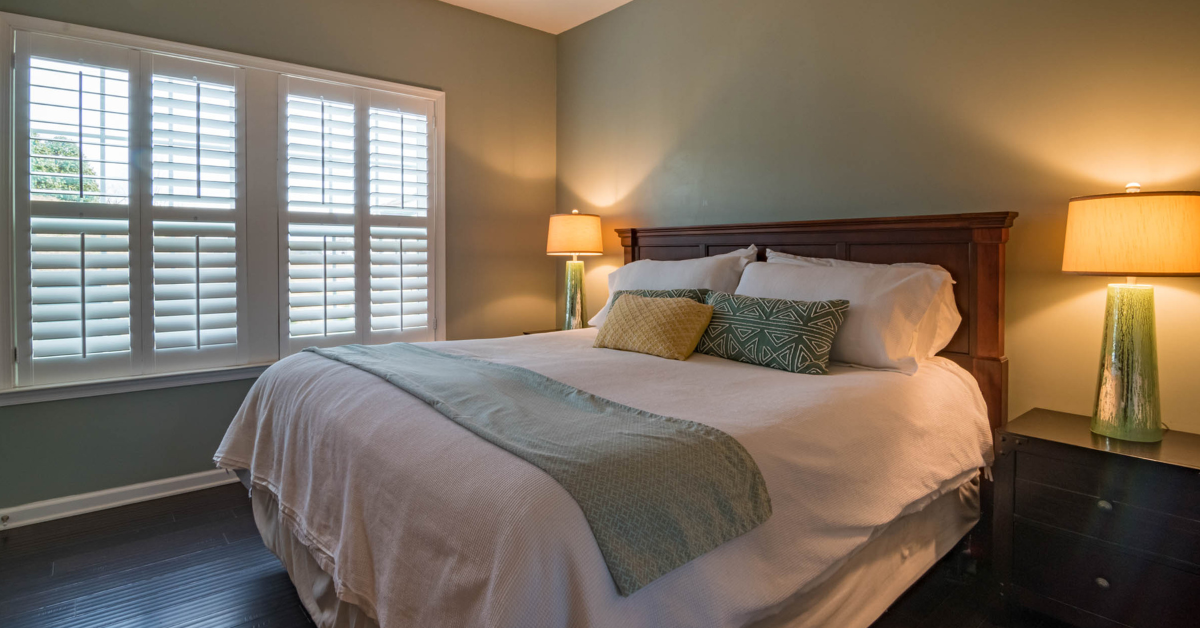
Double vs. Triple Glazing: Which Is Right for Your Home Improvement Project?

*Collaborative Post
The thought of renovating a home starts thinking about window upgrades to improve comfort and efficiency. Using professional window installers in Scotland can have a huge impact on your dwelling’s performance. Professional installers can offer valuable advice on everything from the type of window you use to the style you use. The choice between double and triple glazing is one critical decision. In this guide, we explore the benefits of each to help you choose the best fit based on climate, budget and energy goals.
Understanding Window Glazing
Before we dive into double and triple glazing, you need to know what window glazing is. Glass components in a window or door are called glazing. Most modern windows consist of a series of glass panes sealed within a frame. These layers can be single, double or triple, with air or inert gases such as argon between them to improve insulation.
This multi-layered approach reduces heat transfer, minimises energy loss and can also be able to provide sound insulation. Glazing is a key factor in home comfort and energy consumption and the thermal performance of the window is directly dependent on the number of glass layers and type of gas used.
The Basics of Double Glazing
Double glazing incorporates two panes of glass with a gap in between, often filled with inert gas like argon. This design reduces heat transfer, helping maintain indoor temperatures. It has become a standard choice for many homeowners due to its balance of cost and efficiency.
Exploring Triple Glazing
Triple glazing is formed by combining the second layer with a third layer of glass. The additional pane and gas filled space provide superior thermal performance and is an attractive option for those seeking maximum energy savings. However, it comes with higher costs and implications.
Energy Efficiency Comparison
Triple glazing usually insulates better than double glazing. Moreover, the extra layer provides the advantage of even more efficient heat loss and offers lower energy consumption for heating and cooling. If you’re in a colder climate this can lead to real savings on your utility bills over the years.
Climate Considerations
The most appropriate glazing depends on your local weather patterns. In areas with severe winters triple glazing can result in increased comfort, as well as some energy savings. But in milder climates the extra cost may not be justified by the benefits, and double glazing might be a better match.
Budget Implications
Any home improvement is dependent on cost. Triple glazed windows are usually more expensive due to the added materials and the complexity of the manufacturing process. If homeowners can balance the initial investment against long term savings in energy bills, the extra expense is worth it.
Noise Reduction Benefits
Better sound insulation is often overlooked as a benefit of triple glazing. It is more effective to reduce external noises if the added glass layer and the gas filled space are present. It may help to make homes in noisy environments more tranquil.
Making the Right Choice for Your Home
Double or triple glazing is a question of personal circumstances and priorities. Evaluate your energy goals, the environmental conditions in your area and your finances. By speaking to the experts you can get advice from them on which solution will be the best for your home.
*This is a collaborative post. For further information please refer to my disclosure page.




